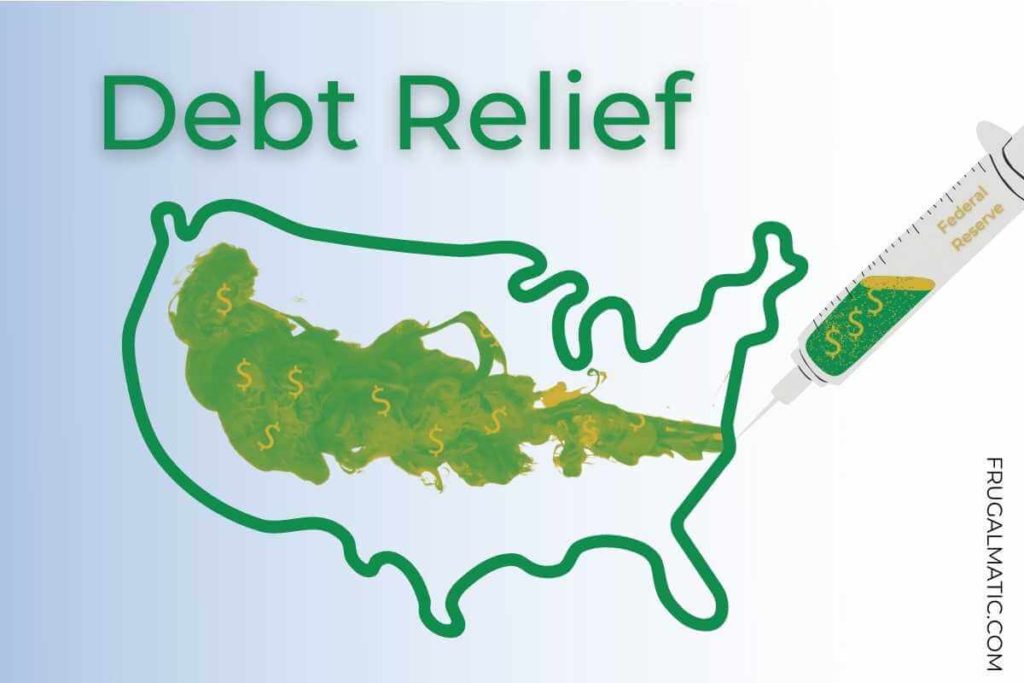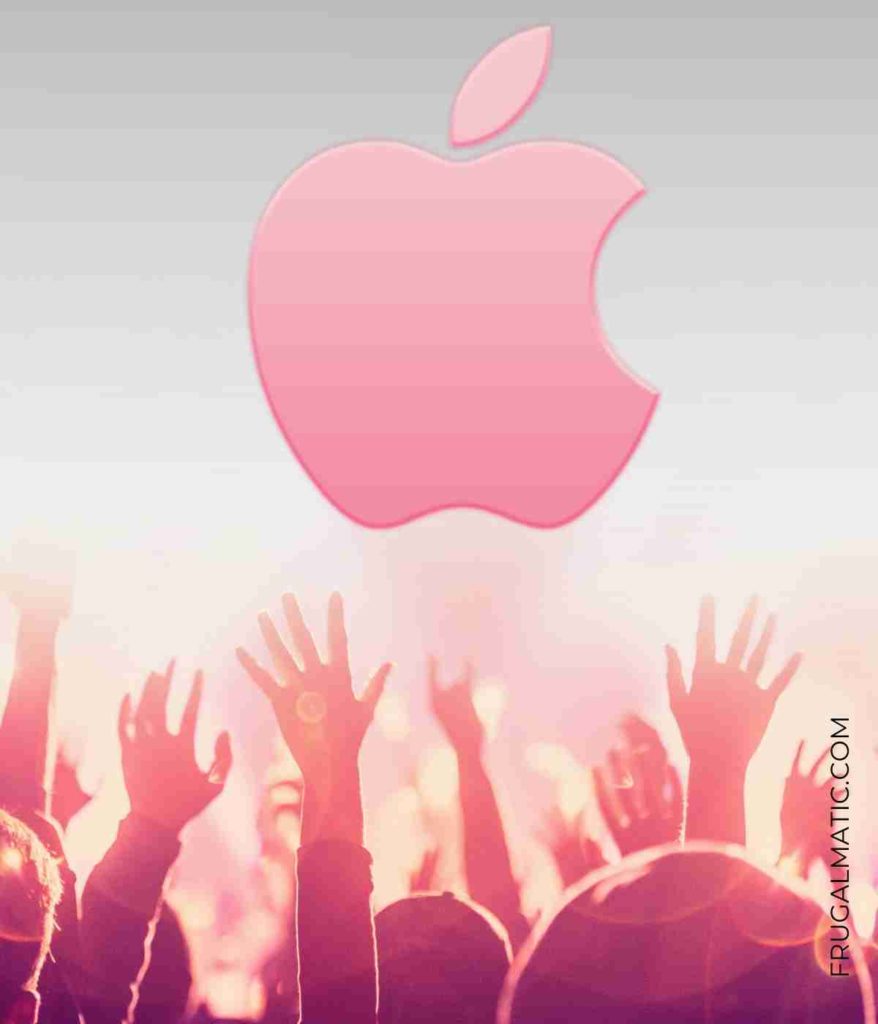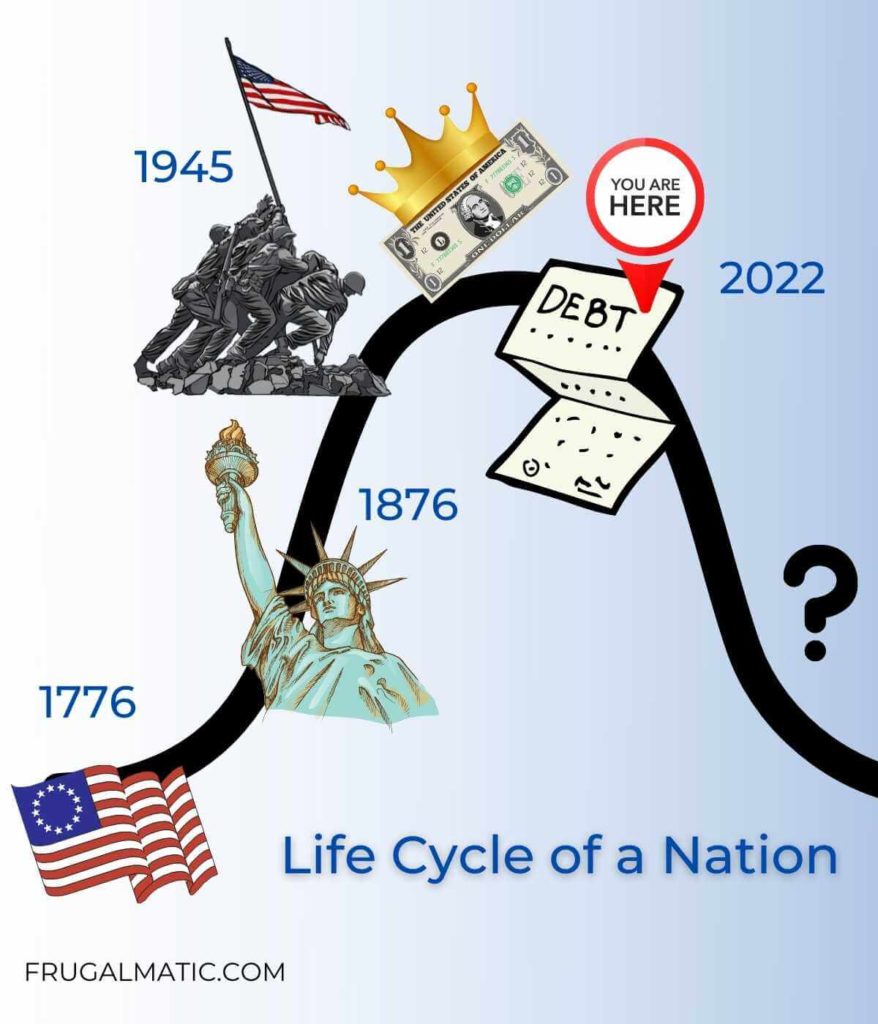This post was last updated on July 30th, 2022 at 08:53 am
For many of us, frugality doesn’t just happen. It requires vigilance in the face of constant messages encouraging us to embrace debt and overconsumption. In the United States especially, it’s easy to be led astray. That’s why I’ve created this reading list of five books to better understand our current moment. By no means are these the only books worth reading. But collectively, these five books offer inspiration for practicing frugality.
To be clear, none of these books contain tips for living a frugal lifestyle. That’s not the purpose of this post (Find tips at another post). Rather, this list is designed to provide perspective, offering both macro and micro views of society and its struggles with overconsumption. With this list, you’ll gain a greater understanding of the forces at work in shaping our culture and economy. Furthermore, you’ll hopefully see how frugality (and moderation) can be a stabilizing force in an unstable environment.
“Principles for Dealing with the Changing World Order” by Ray Dalio
The first book on this list, “Principles for Dealing with the Changing World Order” (Avid Reader Press, 2021), gives an objective, macro view of the state of the world and the United States’ place in it. Author Ray Dalio argues history moves in cycles. These cycles repeat and share features leading to the rise and decline of nations. I enjoyed this book, in particular, because it strips out all the partisan noise that often muddies conversations about world events. Dalio, founder of the investment firm Bridgewater Associates, illuminates connections that explain why, for example, the U.S. has accumulated huge amounts of debt while also becoming increasingly politically polarized.
With a matter-of-fact style, Dalio documents how great empires form through innovation and a hungry competitive spirit. They reach their peak once their money becomes a global reserve currency, adding to their competitive advantage. However, empires eventually become complacent and abuse their global reserve status through debt accumulation. Work ethic declines as overconsumption increases. In this way, the Dutch replaced the Spanish as a superpower, followed by the English replacing the Dutch. Then came the United States, whose dollar replaced the English pound as the global reserve currency.
Today, China is quickly rising and presents a formidable challenge to U.S. dominance. Dalio points to tensions between the U.S. and China over the question of Taiwan’s sovereignty as a potential flashpoint. His warning to readers is that declining nations typically resort to inflation (money printing) as they become more indebted trying to extinguish mounting external and internal threats. This book is a reminder that global events affect us locally, particularly with regard to inflation and the loss of money’s purchasing power.

“The Lords of Easy Money: How the Federal Reserve Broke the U.S. Economy” by Christopher Leonard
Dalio’s book illuminates cycles, explaining how excessive money printing often leads to the decline of global superpowers. To understand the mechanism the United States uses to print money, you’ll want to check out Christopher Leonard’s book, “The Lords of Easy Money” (2022, Simon & Schuster).
Leonard provides a fascinating portrait of the Federal Reserve and its main players, zooming in on the extraordinary measures the Fed has taken to prop up the U.S. economy in the past decade. Leonard leaves the impression that the Federal Reserve is the nation’s last functional institution, but one lacking the proper tools to reform the economy. The Fed’s good intentions have backfired, leading not to prosperity but to a widening gap between the nation’s poor and rich.
Federal Reserve programs, specifically its years-long quantitative easing program, have funneled billions of dollars to banks while inflating asset prices. An unintended consequence has been to create a bunch of “zombie” companies addicted to debt, which Wall Street milks for high-yield returns. Leonard does a masterful job of making a complicated subject accessible to average readers who don’t spend their lives studying economics.
Arguably, the Federal Reserve has taken the U.S. beyond the precipice. The economy is now so dependent on the Fed’s money-printing powers that it cannot stand on its own. Leonard makes Dalio’s case: Money printing begets money printing, which begets more money printing.
Read: 4 books to inspire you to be more physically active
“Dopamine Nation: Finding balance in the age of indulgence” by Anna Lembke
With a rise in debt and loss of productivity, nations tend to become more decadent. A zealous pursuit of the “good life” contributes to nations’ decline, Dalio argues. And there’s evidence everywhere that the U.S. has made pleasure seeking its top priority. For that perspective, turn to “Dopamine Nation” (Penguin Random House, 2021). Author Dr. Anna Lembke outlines why addiction has become commonplace and how easily we can become its unwitting victim. Whether our drug of choice is opioids or social media, people everywhere are seeking out dopamine-induced pleasure. Importantly, Lembke makes the connection between overconsumption and addiction.
I included “Dopamine Nation” on this list because addiction represents the ultimate misallocation of resources—the anti-thesis of frugality. In an unstable economic environment, addiction can be doubly destructive because it saps what precious resources remain to sustain a healthy lifestyle. As our economic challenges intensify, the U.S. is likely to experience a surge in addiction-fueled escapism. One example of this is a growing interest in online sports betting. Reading this book won’t necessarily prevent or cure addiction, but the author does offer some useful tips for practicing moderation.

“Steve Jobs” by Walter Isaacson
The third book on my list, “Steve Jobs” (Simon & Schuster Paperbacks, 2015), is a biography of the inventor of the iPhone and other gadgets that have become instrumental in driving internet addiction. The late Steve Jobs is known as an amazing innovator, but this biography also portrays him as a master marketer. Jobs’ biggest competitor, Bill Gates, looked down on Jobs because he didn’t know how to program. But Gates misunderstood Jobs’ strategy. Jobs not only sought to create great products but integrated products. He redefined portable music with the iPod, but maximized profits by linking it to iTunes. Jobs understood what the consumer wanted before even the consumer knew.
An obsessive figure, Jobs had a hand in nearly every aspect of Apple product development, from designing devices to setting up the sales floor of Apple stores. His great achievement was the iPhone, which I consider the modern-day Siren. Its beautiful appearance draws consumers to it, though once you start scrolling you cannot stop. You cannot let go.
If you understand Jobs, you understand the machinations of consumerism today. And when you understand consumerism and how it works, you’re in a better position to avoid losing yourself in it.

“American Made: What happens to people when work disappears” by Farah Stockman
The final book on my list, “American Made” (Penguin Random House, 2021) serves as a magnifying glass for examining macro issues raised by Dalio’s “Changing World Order.” In “American Made,” author Farah Stockman follows workers who lost their jobs at an Indiana manufacturing plant after it moved operations to Mexico in 2017. There are several other books similar to this one, including “Janesville: An American Story,” dealing with the Rust Belt phenomena. Outsourcing labor becomes a zero-sum game, in which consumers are able to buy cheaper goods but with less income because of the loss of higher paying factory jobs.
I put “American Made” on this list because it also shows a connection between economic decline and the rise in populism. One of Dalio’s observations is that populism often appears in the latter stages of a nation’s life cycle. “American Made” offers insight into how political factions pit workers/voters against each other.
It also highlights how quickly fortunes can turn for workers, who often have little savings to cope with a job loss. Many Americans remain in a financially fragile state, in part because of a lack of opportunity. “American Made” is a reminder that we should take nothing for granted, including our incomes. If you’re not prepared, a factory closure can snowball and upend the lives of not only those who lost their jobs but entire communities. Indeed, the erosion of the American middle class threatens to undermine the prospects of the nation as a whole, a point also made in Dalio’s book.

A frugal affirmation
Together, these five books bring into focus the importance of maintaining a frugal lifestyle. They collectively make the case that overconsumption is one of the nation’s greatest threats, particularly in the latter stages of the U.S. life cycle. In an increasingly unstable political and economic environment, frugality offers if not a sanctuary, at least a buffer. It can ground oneself, acting as a sort of North Star to follow amid increasing inflation, populism, and escapism.

